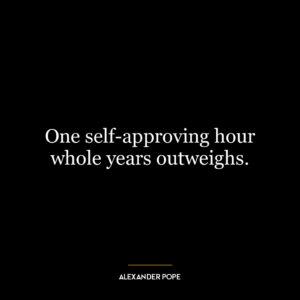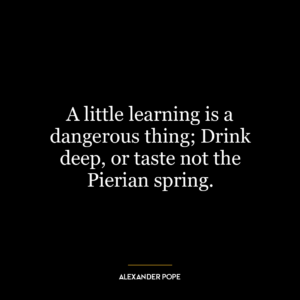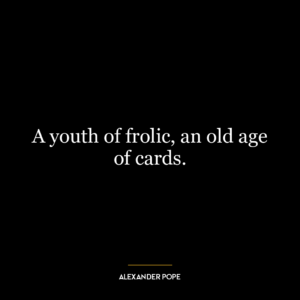This quote is a reflection on human nature and our tendency to focus on the immediate pain or discomfort of a situation, rather than recognizing the underlying vice or moral failing that led to it. Essentially, it suggests that we often feel the consequences of our actions more acutely than we understand or acknowledge the flaws in our character that caused those actions.
In the first part, "The heart resolves this matter in a trice," the heart symbolizes our emotional response or instinct. It suggests that we quickly, almost instinctively, react to the immediate pain or discomfort of a situation.
The second part, "Men only feel the smart, but not the vice," further emphasizes this point. "Smart" in this context refers to pain or discomfort, while "vice" refers to moral failings. Therefore, it means that people tend to feel the pain caused by their actions without recognizing the moral failing that led to that pain.
Applying this idea to today’s world or personal development, it could mean that in order to grow and develop as individuals, we need to look beyond the immediate consequences of our actions and examine the underlying vices or flaws in our character that cause these consequences. For example, if someone constantly finds themselves in conflict with others, they might focus on the immediate discomfort of these conflicts without realizing that the root cause might be their own arrogance or lack of empathy.
In terms of societal application, this quote can be seen in how society often focuses on treating symptoms rather than addressing root causes. For instance, we might harshly punish crime (the "smart") without addressing the societal conditions and failings (the "vice") that lead to crime, such as poverty, lack of education, and systemic racism.
In both personal and societal contexts, this quote serves as a reminder to look deeper into our actions and their consequences, to address not just the symptoms but also the underlying causes.















